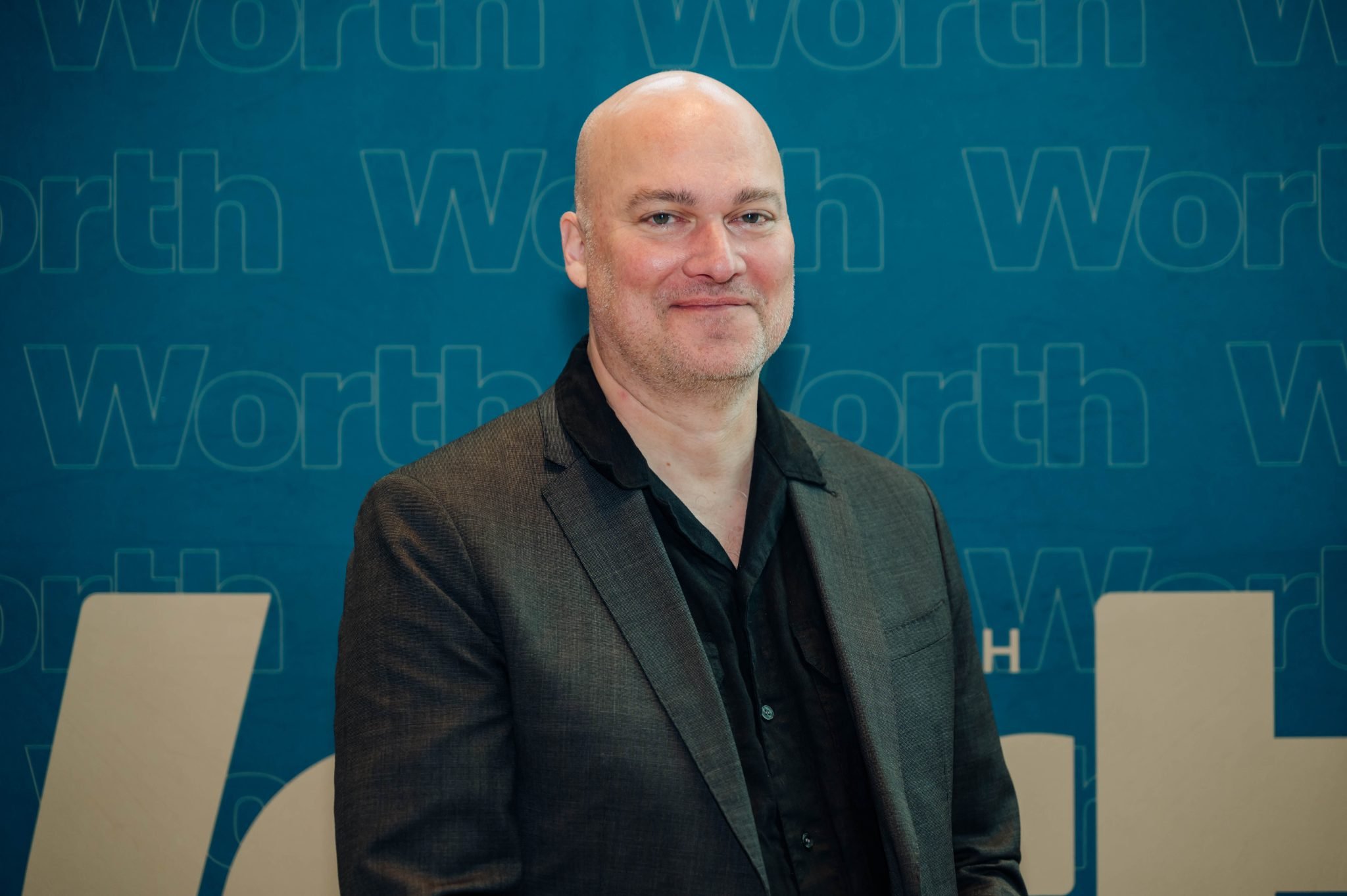We live in an era of breathtaking technological innovation and unprecedented prosperity. Yet, despite our advancements, there’s a persistent discontent—a sense of missing the mark when building a life that counts. And that’s not just my gut feeling; data back it up. This paradox is called the “hedonic treadmill,” coined in the late 1990s by psychologists Brickman and Campbell. The concept suggests that humans have a baseline level of happiness. Earnings and acquisitions might give us temporary highs, but we inevitably regress to the norm.
Take, for example, the influential work of Daniel Kahneman and Angus Deaton, who found that life satisfaction increases with income, but only up to a point—around $75,000 a year. After that, the additional dollars add no measurable increase in daily happiness. An even more recent study in Nature Human Behaviour stretched that optimal income to around $95,000 for life satisfaction but confirmed that beyond that number, life satisfaction levels off or even declines.

Worth Magazine’s average reader is significantly more affluent than the average American, but in all likelihood, they are no happier for it. The lesson here is clear: Money can alleviate misery but doesn’t buy happiness.
Breaking the Cycle
The idea of the hedonic treadmill actually echoes a much older concept: the Buddhist idea of Samsara, the endless cycle of birth, death, and rebirth, characterized by suffering. The Buddha taught that desire and attachment are the roots of all suffering and that the end of desire leads to Nirvana, a state of eternal bliss.
Now, I’m not suggesting that you ditch your possessions and head for a monastery. However, the essential insight is worth considering: The constant craving for more—be it more money, more gadgets, or more likes on social media—is a recipe for discontent. The antidote? Finding contentment in what we have and who we are. And that’s not just a Buddhist notion; it’s backed by current psychological research, showing that gratitude and contentment are strong predictors of well-being.
Agency and impact are indispensable elements for a fulfilling life. Agency gives you the control to make decisions and act on them, enhancing your happiness. Studies like those by psychologist Julian Rotter demonstrate that people who believe they have control over their lives are generally happier. Impact takes this a step further by providing purpose to your actions. Consider Bill Gates, who shifted from a tech magnate to a philanthropist. His sense of agency in business has extended to creating a global impact through his foundation, exemplifying a life of both success and significance.

These are the types of people and life stories that we have celebrated in this year’s Worthy 100. The names on this year’s list use their personal time and financial capital to create social and emotional dividends. They invest in charities, yes, but they also invest in ideas, communities, and innovation that will improve society. They’ve transcended the hedonic treadmill by amassing wealth and investing in things that offer long-term dividends in happiness and societal impact. Think of it as a balanced portfolio for life.
Best of all, we can learn from them. By understanding that building a “good life” involves a multi-faceted investment strategy. Wealth is a part of it, but it’s not the endgame. You must consider how your actions and financial and emotional investments impact you, your community, and even the world. If you find yourself solely chasing the next big thing, whether a paycheck or a social media following, you’re missing out on the more profound, sustainable happiness from a balanced life portfolio.
Of course, some argue that our obsession with happiness is itself misplaced. As Ralph Waldo Emerson wrote, “The purpose of life is not to be happy. It is to be useful, to be honorable, to be compassionate, to have it make some difference that you have lived and lived well.”
By that standard, this year’s Worthy 100 winners have lived very well.










